The problems of single legal field development in russia of the early modern times (the end of the XV - the beginning of the XVII century)
Mots-clés :
Early New time, early-modern state, legal system, absolutism, Western Europe, Russian state, autocracyRésumé
The article deals with the problems associated with the peculiarities of a single legal field development in the Russian state during the epoch of the early modern era (traditionally associated in Russian historiography with the times of a single centralized state formation and development and the emergence of autocracy as a kind of early absolutism). Using a number of provisions of modern concepts for the development of early modern states in Europe, the authors of the article put forward the thesis of a single legal field development in the Russian state during the period under consideration based on the analysis of Russian law monuments at the end of the XVth century (The Code of Law of Ivan III in 1497) and the 16th century (first of all, the code of law by Ivan IV, as well as a number of other legislative and legal acts) and judicial practice. In their opinion, this incompleteness was related with the following circumstances. First of all, the development of political and legal institutions in the early modern Russian state was of an evolutionary nature and, therefore, denied radical changes. Secondly, the poverty of the state caused the relative weakness and a slow development of "sinews of power" and, therefore, prevented the establishment of a more stringent administrative and legal control by the supreme power over the actions of local authorities. Finally, the weakness of the mentioned "sinews of power" conditioned the need of cooperation mode establishment between the supreme authority and local elites, while retaining the access to the exercise of power functions on the ground - also through the preservation of the old legal customs and traditions. Naturally, all this contributed to the preservation and the reproduction of the legal "antiquity" and, consequently, the incompleteness of legal centralization process and the formation of a single legal field throughout the country. The legal field, in the opinion of the authors of the article, had at least 2-level character all this time, the fragmented nature and the dispersion at the low-rank level.
Téléchargements
Références
Antón Chávez, A.D.P (2017). Influencia de la noticia en la imagen corporativa de una municipalidad desde la percepción del ciudadano. Opción, Año 33, No. 84 (2017): 90- 119.
Baranov K.V. (2004) Book of records of the Polotsk campaign of 1562/1563. Russian diplomacy. Moscow, ancient archives. Vol. 10; 119-154 (in Russian).
Barkey K. (2008). Empire of Difference. The Ottomans in Comparative Perspective. Cambridge, Cambridge University Press: 342.
Bovykin, V.V. (2012) Self-governance in the Russian state in the XVI century. Saint- Petersburg: Dmitrij Bulanin, 421 (in Russian).
Breen Michael P. (2005). Patronage, Politics, and the "Rule of Law" in Early Modern France // Proceedings of the Western Society for French History. # 33; 95-113.
Elliott, J. H. (1992) A Europe of Composite Monarchies // Past & Present. Number 137. The Cultural and Political Construction of Europe: 48-71.
Fletcher G. (1591). Of the Russe Common Wealth. London, printed for T.D. for Thormas Charde: 238.
G Soleimani, M Amiri, SM Khatami, MJ Isfahani :Using S Technology, in the Automotive Industry, with the Approach of Its Implementation in Commercial Vehicles . Industrial Engineering & Management Systems.2016; 15(4): pp.290-297.
Keshtkar (2018). Numerical analysis of transcritical carbon dioxide compression cycle: a case study, 7 (1), 1-6.
Keshtkar M. M., (2017). Energy, exergy analysis and optimization by a genetic algorithm of a system based on a solar absorption chiller with a cylindrical PCM and nano-fluid, Int. Journal of Heat and Technology, 35 (2), 416-420.
Keshtkar M. M., Talebizadeh, P., (2018). Investigation of transient conduction–radiation heat transfer in a square cavity using combination of LBM and FVM, Sadhana, 43 (4), 145-155.
Keshtkar M. M.; Dadkhoda Zadeh M. (2018). Thermal Simulation of the Symmetric and Asymmetric Arrangement of Barriers on Heat Transfer Enhancement in a Porous Gas Heat Exchanger, Journal of Thermal Science and Engineering Applications, 10 (1), 120-135.
Moscow Chronicle of the late XV century. Complete collection of Russian chronicles (2004). Moscow: The languages of Slav culture, Vol XXV: 488. (in Russian).
Privilege for Polotsk on the Magdeburg Law and the various benefits and rights (1910). Lithuanian Metrics. Division 1. Part 1. Books of records. T. I. Russian Historical Library. Sankt-Peterburg. Senate printing house. T. XXVII; 701-706. (in Russian).
Records of Russian law. Records of law during the formation of the Russian centralized state. XIV – XV centuries. (1955). Moscow, State publishing house of judicial literature. T. III: 527 (in Russian).
S. M. Seyedhosseini, M. J. Esfahani, M. Ghaffari: A novel hybrid algorithm based on a harmony search and artificial bee colony for solving a portfolio optimization problem using a mean- semi variance approach. J Central South University 23 (2016), No. 1,181–188.
Scribner R.W. (1987). Police and the Territorial State in Sixteenth-Century Württemberg // Politics and Society in Reformation Europe. Essays for Sir Geoffrey Elton on his Sixty-Fifth Birthday / Eds. E. I. Kouri, Tom Scott / London, Palgrave Macmillan; 103-120.
Statutory charter of Belozerskaya statutory charter (1985) // Russian legislation of the ?-?? centuries. Moscow: Judicial literature. V. 2; 191- 195 (in Russian).
The Charter of the Emperor and Grand Duke Vasily Ioannovich, given to inhabitants of Smolensk. Collection of state charters and contracts (1813). Saint-Petersburg: The printing house by N.S. Vsevolozhsky. Ch. 1; 411-413. (in Russian).




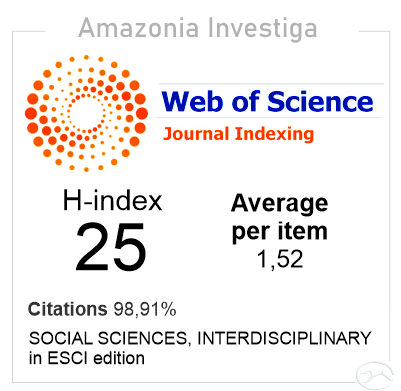







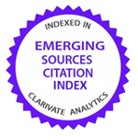
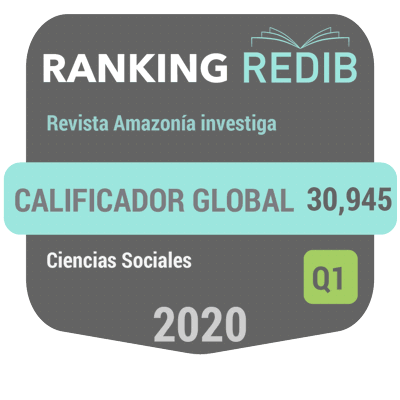




















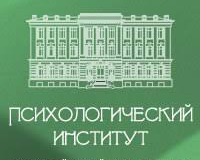












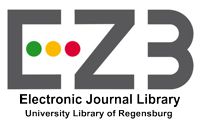

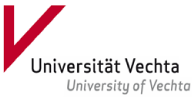



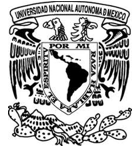











.gif)






